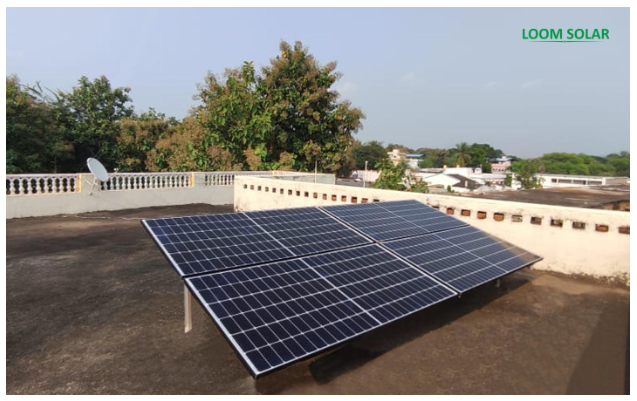Technology for solar power is developing at an incredible rate as demand for it grows throughout the globe, and this speaks well for the future of energy.
When it comes to solar energy, most individuals are put off by their lack of understanding about how to make the move to solar power.
If you’re interested in installing solar electricity, we’ll go through the pros and cons of both grid-connected and off-grid systems to help you make an informed decision.
The last few minutes of this tutorial will teach you a few pointers that will aid your understanding of the whole setup.
What Exactly Is An On-Grid Solar System?
You may utilise an on grid solar system if you already have a connection to your local utility grid. It’s the standard in the vast majority of private residences all around the globe.
These homes are adequately protected in the event that they produce too much or too little power. An on-grid system, in theory, is able to adapt to power fluctuations without putting itself at danger.
This method also has the unique advantage of storing extra energy that you don’t need. Net Measurement is an easy way to accumulate credit, which you can then use at any moment.
As a result, installing a grid-tied system in your house will cost less since you won’t have to pay for an additional pricey energy-saving battery.
A Number Of Advantages On-Grid Solar Systems Provide
- Your power bill will only rise if you use more electricity than your solar panels produce, and that’s a rarity. It is solely used to assess whether or not the monthly surplus has been surpassed by issuing the end-of-month invoice. Power is returned to the grid if it is used less than predicted.
- An on-grid system is significantly simpler to maintain than other alternatives since repairs and other necessary maintenance can be handled quickly and easily. Easy to set up, it has the fewest electrical components. The absence of batteries also simplifies maintenance, making it accessible to anybody with a basic understanding of electrical.
- Installing a solar system is not inexpensive, but when compared to other systems, it is far less costly and has several long-term advantages. When you include in the potential for profit, it turns out to be an excellent investment.
Let’s Now Discuss An Off-Grid Solar System
Advantages Of An Off-Grid Solar Power System
- The usage of an off-grid system necessitates total freedom. You have complete control over how much power you use and how much electricity you store since you are not tied to the electrical grid. Electricity is also available at times when the sun isn’t shining.
- In distant places, it’s a great fit: Despite the fact that electricity has been available for ages, grids are not as common as one would imagine. There are certain regions where coverage is insufficient to provide any kind of connection. In this case, an off-grid solution comes in quite helpful! You don’t need much more than a solar panel, a lot of sunlight, and batteries to store it.
- Off grid solar system protects you from power disruptions since you have complete control over them. A metre is not installed by an electrical company to monitor your use for billing purposes. There aren’t any more charges beyond the first setup. Maintenance and repairs may be taken care of at any time.






